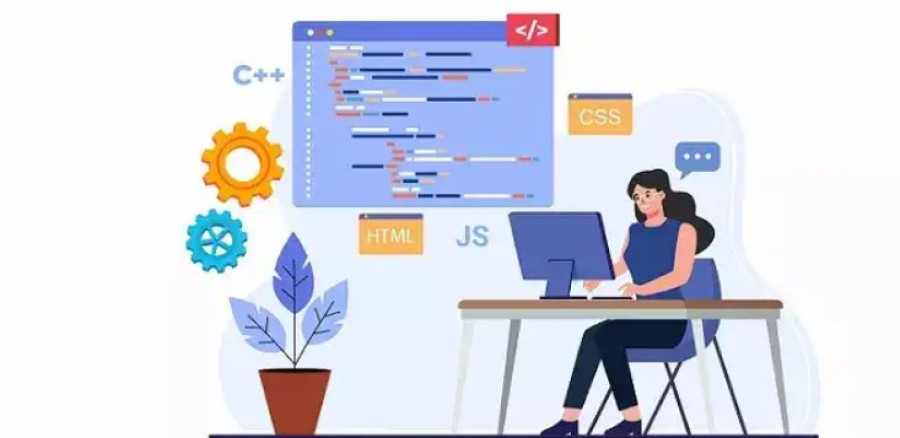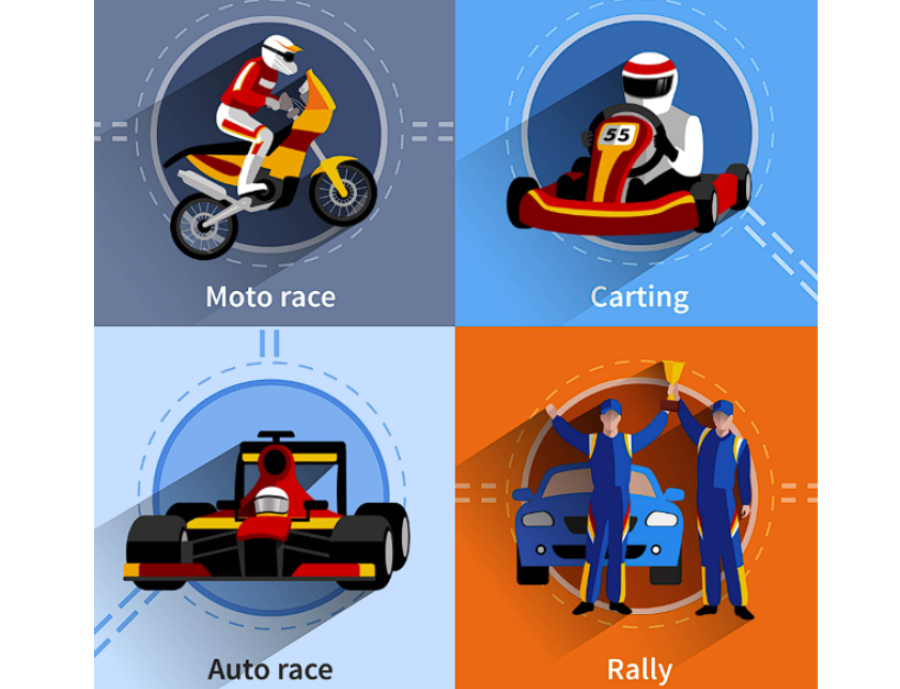In the 21st century, the rapid evolution of technology has given rise to what we now call "new media." Unlike traditional media such as newspapers, radio, and television, new media refers to digital platforms like social media, websites, blogs, podcasts, and streaming services. These platforms have not only changed how we consume information but have also redefined human interaction, business, education, and politics.
Transformation of Communication
Perhaps the most visible impact of new media is how it has revolutionized communication. Platforms such as Facebook, WhatsApp, and Twitter have made global communication instant and accessible. Individuals can now maintain personal relationships across continents and participate in cultural and political discussions in real-time. While this has created new opportunities for connection, it has also introduced challenges like online harassment, echo chambers, and misinformation.
Impact on Education and Learning
New media has democratized access to education. E-learning platforms like Coursera, YouTube, and Khan Academy allow learners from all backgrounds to acquire knowledge at little to no cost. Moreover, the interactivity of digital content promotes personalized and engaging learning experiences. However, this shift also highlights digital inequality, where those without access to the internet are left behind.
Economic and Professional Changes
Professionally, new media has created a digital economy full of influencers, content creators, and freelance workers. Platforms like LinkedIn, Upwork, and YouTube have opened new income streams and career paths. At the same time, industries like journalism and print media have had to reinvent themselves or face extinction.
Social and Cultural Impact
New media plays a major role in shaping opinions and cultural trends. Viral content, memes, and influencer marketing shape the way people dress, talk, and think. It can amplify social movements such as #BlackLivesMatter or #MeToo, offering a platform to marginalized voices. However, the constant exposure to curated content has also been linked to mental health concerns such as anxiety, depression, and the fear of missing out (FOMO).
Conclusion
New media is a powerful force that continues to reshape the fabric of our society. While it brings immense opportunities for connection, education, and empowerment, it also requires us to be vigilant about its potential harms. Balancing the benefits of digital innovation with responsible use is essential for building a healthy, inclusive, and informed society.









